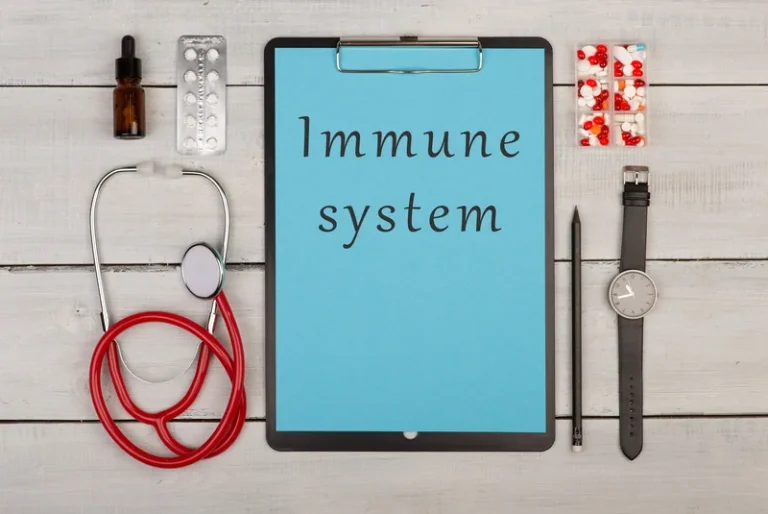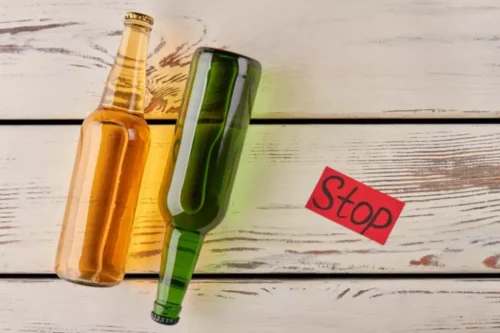
The research suggested both sugar alcohols might make blood platelets stickier and therefore more susceptible to clotting and blocking veins or arteries, in turn contributing to heart attacks and strokes. The biochemical mechanisms for alcohol-induced increases in HDL levels are largely unknown, however. Several plausible mechanisms have been set forth, including stimulated production of two principal protein constituents of HDL (i.e., apolipoproteins A-I and A-II) in the liver (Välimäki et al. 1993). HDL levels also may be raised indirectly through increased activity of the enzyme LPL, which enhances the transfer of lipids and apolipoproteins from VLDL and chylomicrons. Understanding the relationship between alcohol and blood clotting is crucial, as it can have important health implications. Excessive alcohol consumption can lead to increased bleeding, impaired wound healing, and other health risks.

More On DVT
Building on this foundation, the article next examines several specific consequences of long-term heavy alcohol consumption on the cardiovascular system. For people younger than 50 years old, before AI could be an independent risk factor for VTE. These findings provide evidence for physicians that enables them to prevent VTE when managing patients with AI. However, additional studies are warranted to clarify the association between AI and VTE. Using data from the NHIRD, we assembled 61,229 patients with acute AI and randomly selected 244,916 controls.
- Although the different blood cells have distinct structures and functions, they are all produced at the same site, the bone marrow, in a complex process called hematopoiesis.
- By reducing the likelihood that these blood cells will stick together and form a clot, alcohol may then “thin” the blood and help to prevent cardiac complications.
- Both experimental approaches also prevented accumulation of ethanol-induced scarring (collagen and fibronectin); apoptotic cell death; and changes in the size, shape, and function of the heart after injury to heart muscle (ventricular remodeling).
- This is particularly true for people who are most vulnerable to blood clots, heart attacks, and strokes, such as those who have diabetes or pre-existing cardiac conditions.
Reduced or Increased Risk of Blood Clots Due to Drinking

A trial investigating hemostasis in 264 trauma patients with elevated ethanol blood concentration reported impaired clot formation in TEG assays; however, the elevated blood concentration was not predictive for transfusion requirements or early or late mortality. The authors concluded that ethanol potentially directly affected the TEG measurements and that further studies were needed [38]. De Lange et al. [10] reported inhibition of platelet adhesion to fibrinogen after intake of alcohol in alcopops (Barcardi Breezer) but not red wine (Rioja).
- For several decades, erythritol has been added to products such as chewing gums, beverages and baked goods.
- Natural sweeteners don’t put consumers at heightened risk for clotting, “whereas we think that will happen in the days following erythritol ingestion” he said.
- People should speak with a healthcare professional about consuming alcohol and taking blood-thinning medications safely.
- Erythritol and xylitol are sugar alcohols that are sweet like sugar but with far fewer calories.
- You should also speak to your doctor about weight management, healthy eating, and exercise to change cholesterol, blood pressure, and heart health more effectively than you can with red wine or any other serving of alcohol.
What Are the Effects of Alcohol on White Blood Cells?

Excessive alcohol consumption can interfere with this process, slowing down healing and prolonging recovery time. Blood clotting, also known as coagulation, is a complex process that helps to prevent excessive bleeding when a blood vessel is damaged. It involves a series of steps that result in the formation of a blood clot, which seals the injured blood vessel and promotes healing. 1In this article, the terms “chronic alcohol abuse” or “chronic excessive alcohol consumption” refer to the ingestion of 1 pint or more of 80- to 90-proof alcohol (i.e., about 11 drinks) per day. However, alcohol-related hematological problems can occur at much lower consumption levels. The drinker’s risk for developing these problems grows with increasing alcohol consumption.

Looking to help someone with their alcohol addiction, we have provided some more information for those seeking guidance. Talk with a healthcare professional to find out which blood thinner you qualify for. There’s more than one kind of blood thinner, and they work in different pathways within the body. This literature review is the foundation of the current alcohol consumption guidelines. Medical staff can also help resuscitate anyone who’s experienced extreme blood loss.
Blood cell precursors require folic acid and other B vitamins for their continued production. Under conditions of folic acid deficiency, precursor cells cannot divide properly and large immature and nonfunctional cells (i.e., megaloblasts) accumulate in the bone marrow as well as in the bloodstream. This impaired hematopoiesis affects mainly RBC’s, but also WBC’s and platelets. The above review noted that low to moderate alcohol consumption can decrease platelet activation and aggregation, meaning it may reduce blood clotting in a similar way to blood thinning medications. A 2017 review explains that alcohol consumption has complex and varying effects on platelets, which are small blood cells that initiate the coagulation cascade, causing blood to clot. Since blood thinners are designed to thin the blood and alcohol has that same effect, drinking alcohol while on blood thinners should be avoided to prevent excessive thinning.
MTOR regulates cell growth, proliferation, motility, and survival; protein synthesis; and transcription (Donohue 2009). Decreases in mTOR activation may play a role in reduced myocardial protein synthesis, ventricular wall thinning, and dilation. The acute effects of alcohol on the myocardium include a weakening of the heart’s ability to contract (negative inotropic effect). Data from isolated papillary and heart muscle cell (myocyte) experiments demonstrate that acute physiologic intoxicating doses of alcohol (80 mg% to 250 mg%) can have a negative inotropic effect (Danziger et al. 1991; Guarnieri and Lakatta 1990). Figure 3 summarizes the potential mechanisms underlying the cardioprotective and adverse effects of alcohol consumption.
- The researchers measured a 1,000-fold increase in blood erythritol levels in the group given the erythritol drink.
- Another study found that, compared to non-drinkers, people who drank more than 3 ounces of liquor per week had a 53% higher risk of DVT.
- They also highlighted that long-term heavy drinking and binge drinking may increase someone’s risk of various cardiovascular conditions.
- 6Moderate drinking, however, has been shown to decrease the risk of ischemic stroke.
- Through several intermediate stages, these precursors differentiate further and develop into the mature cells circulating in the blood or residing in the tissues.
While these red blood cell abnormalities may be a sign of excessive alcohol use, they can also have detrimental effects on health. These problems must be recognized and addressed immediately for effective treatment and management. We identified patients more than 20-years old with newly diagnosed AI (ICD-9-CM codes 303, 305.0, V113, and A215) from hospitalization records from 2000 to 2011 as the AI cohort. The index date for the patients with AI was the date does alcohol affect blood clotting of their first admission visit. We excluded patients who had received a diagnosis of DVT (ICD-9-CM 453.8) or PE (ICD-9-CM 415.1, excluding ICD-9-CM 415.11) before the index date and participants with missing age- or sex-related information. For each AI patient, 4 non-AI comparisons were randomly selected from the pool of participants without AI, DVT, or PE at the baseline, and frequency matched by the year of index date, age (every 5-years span), and sex.
